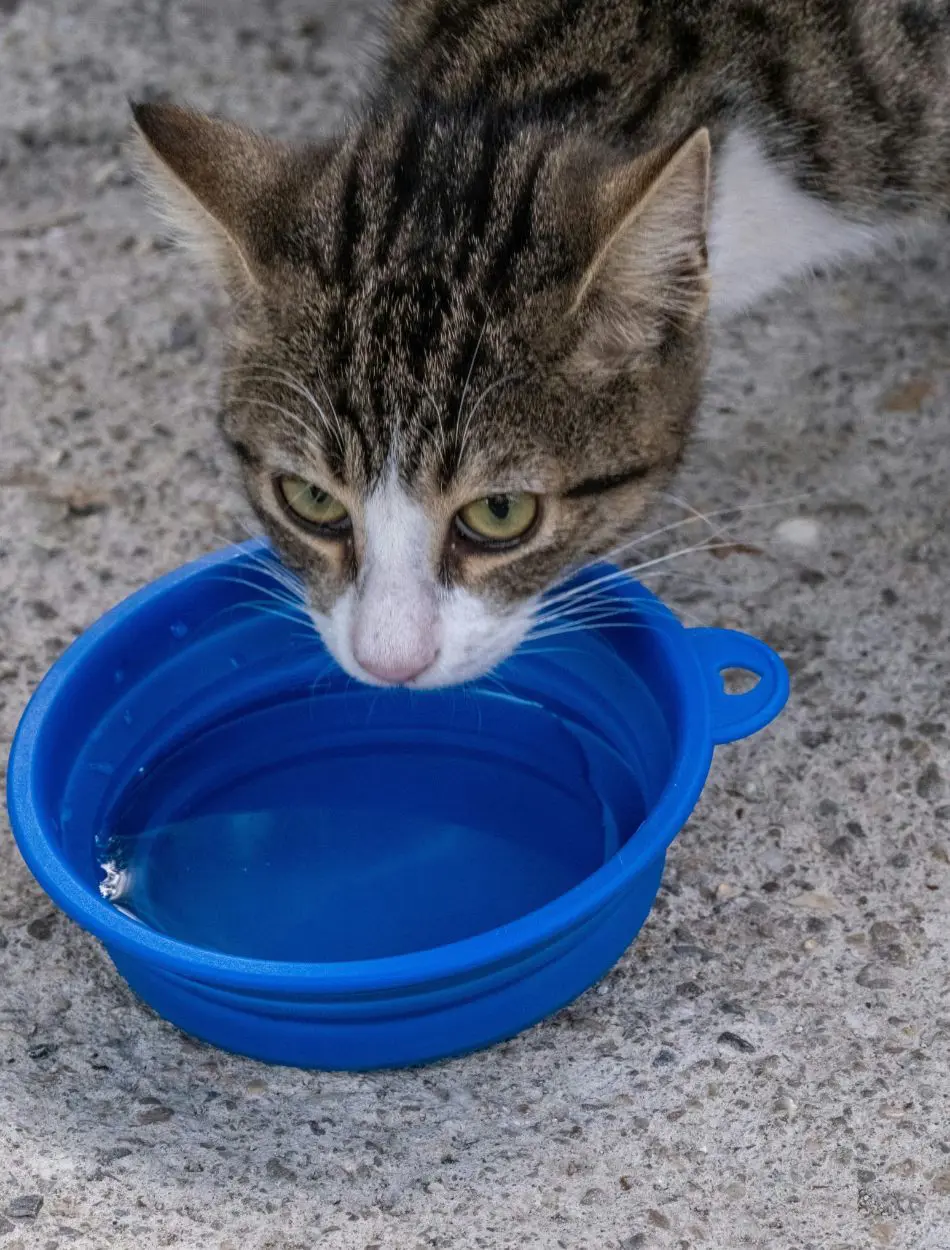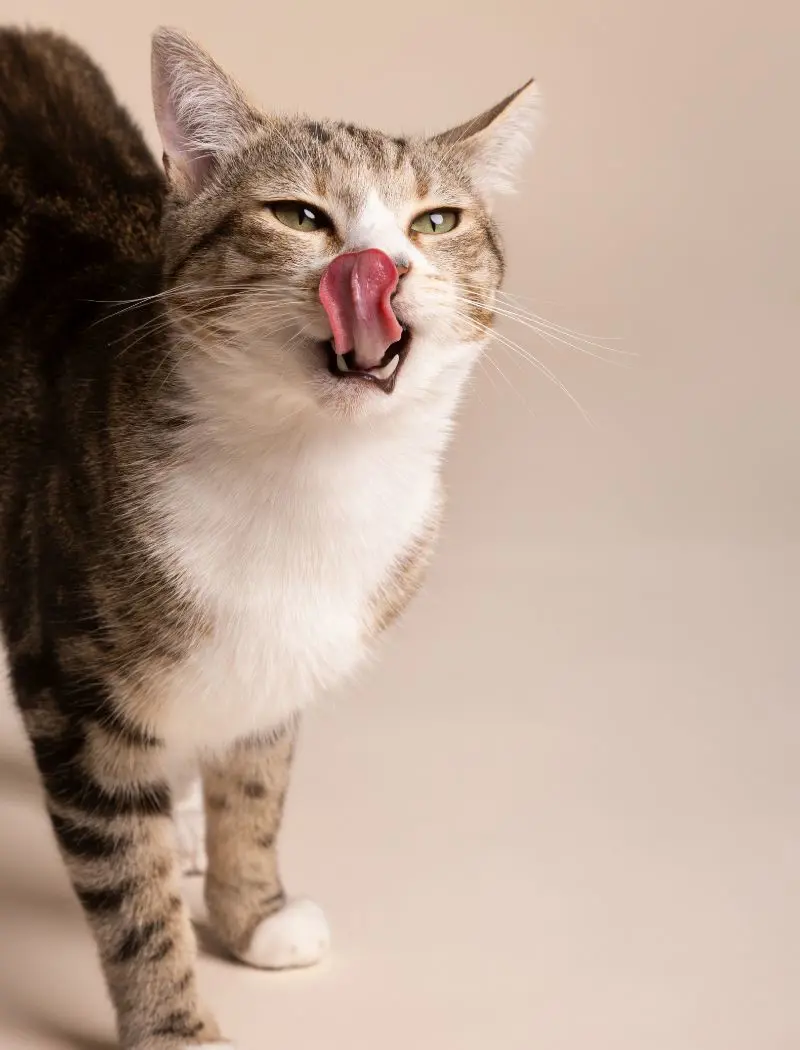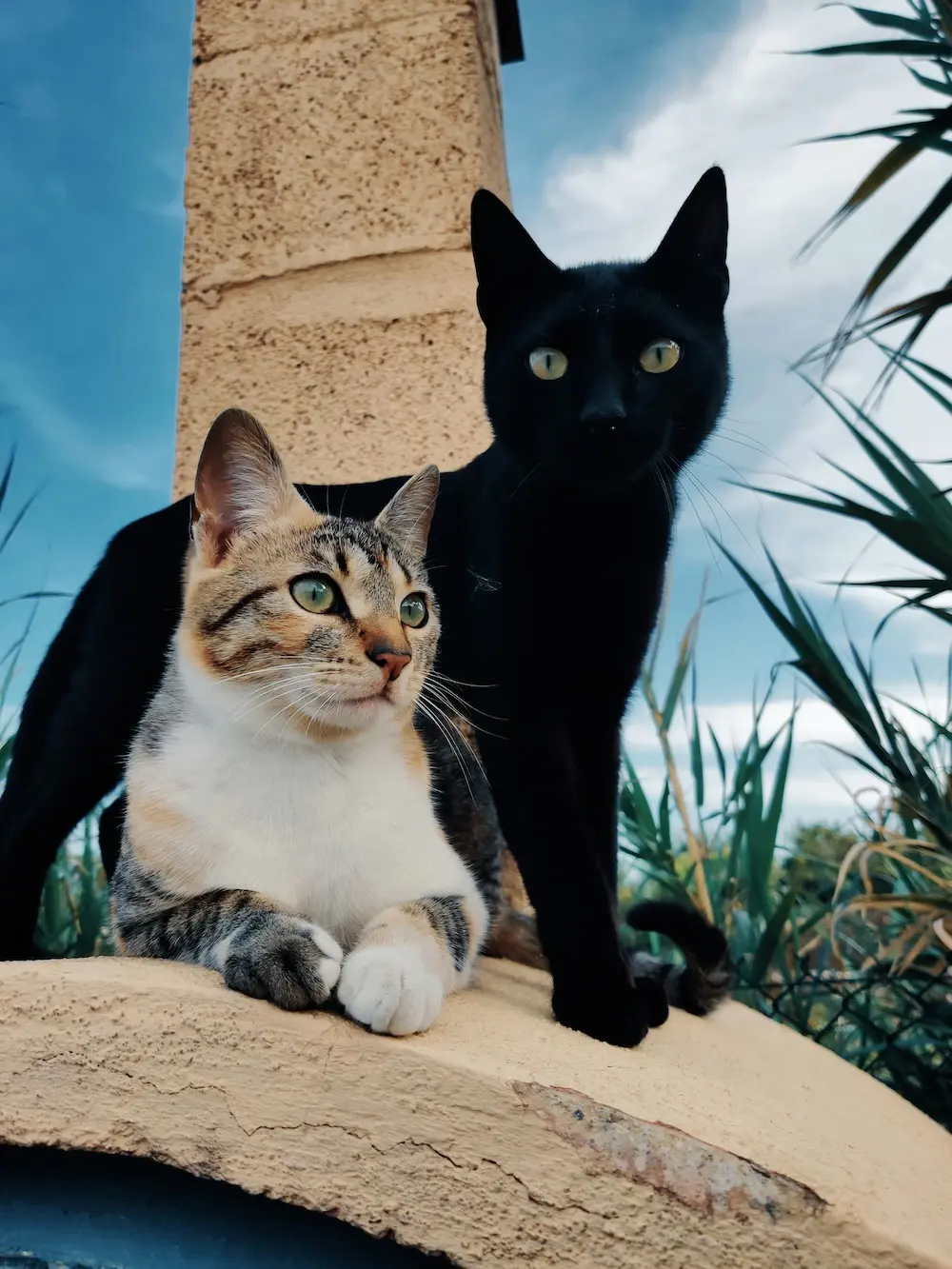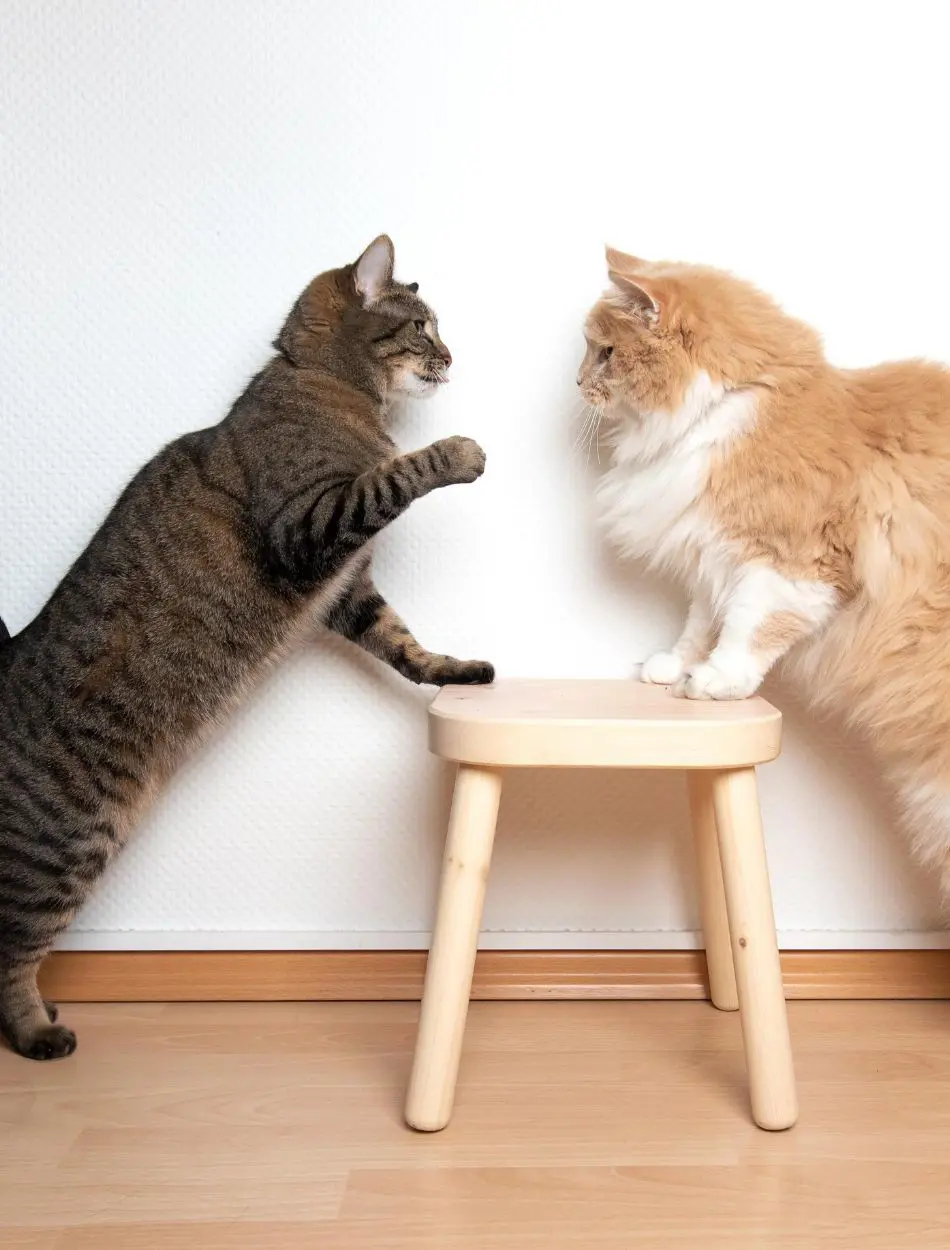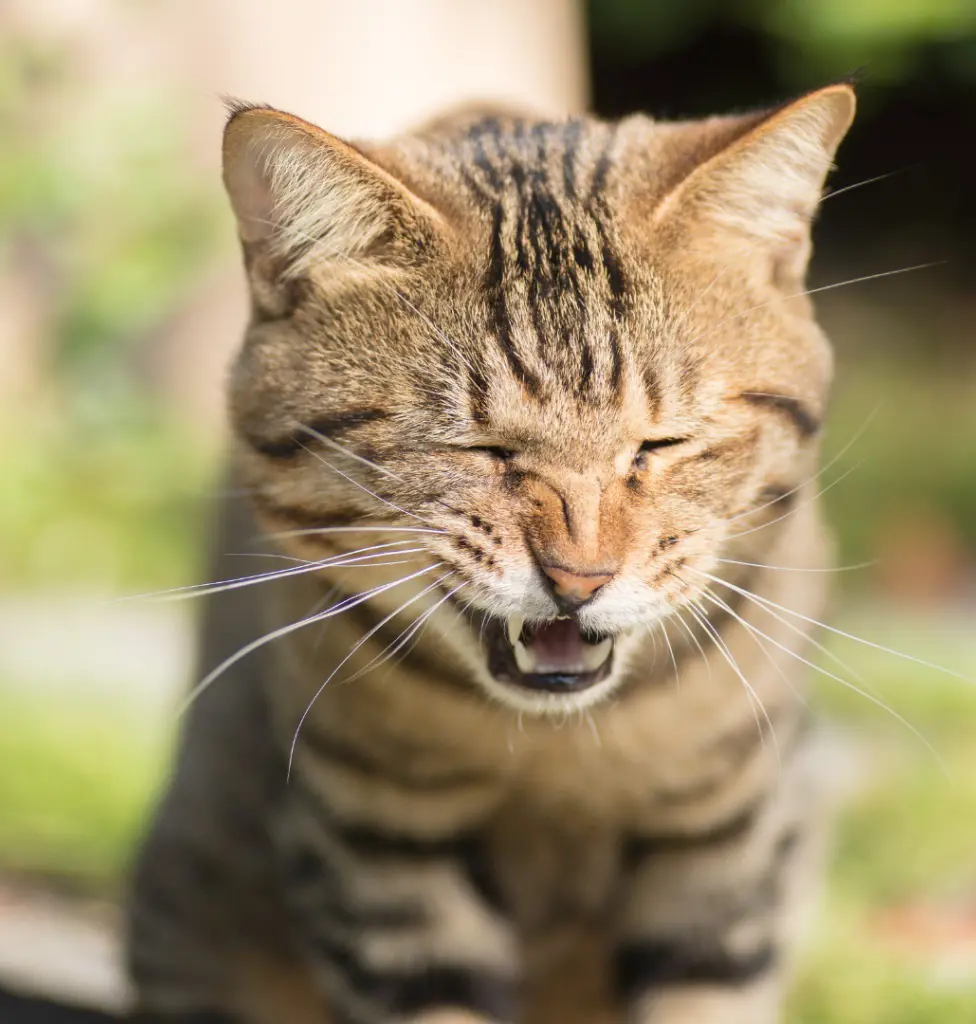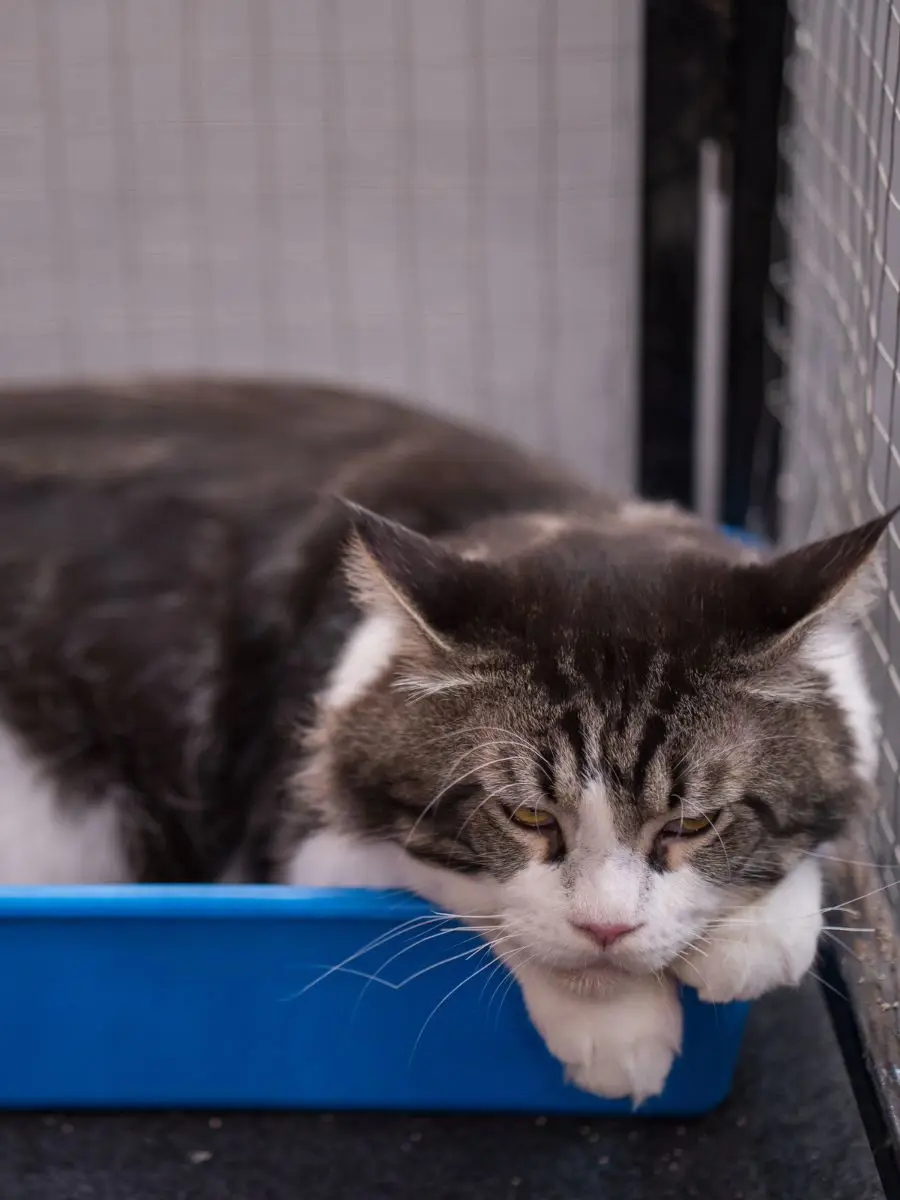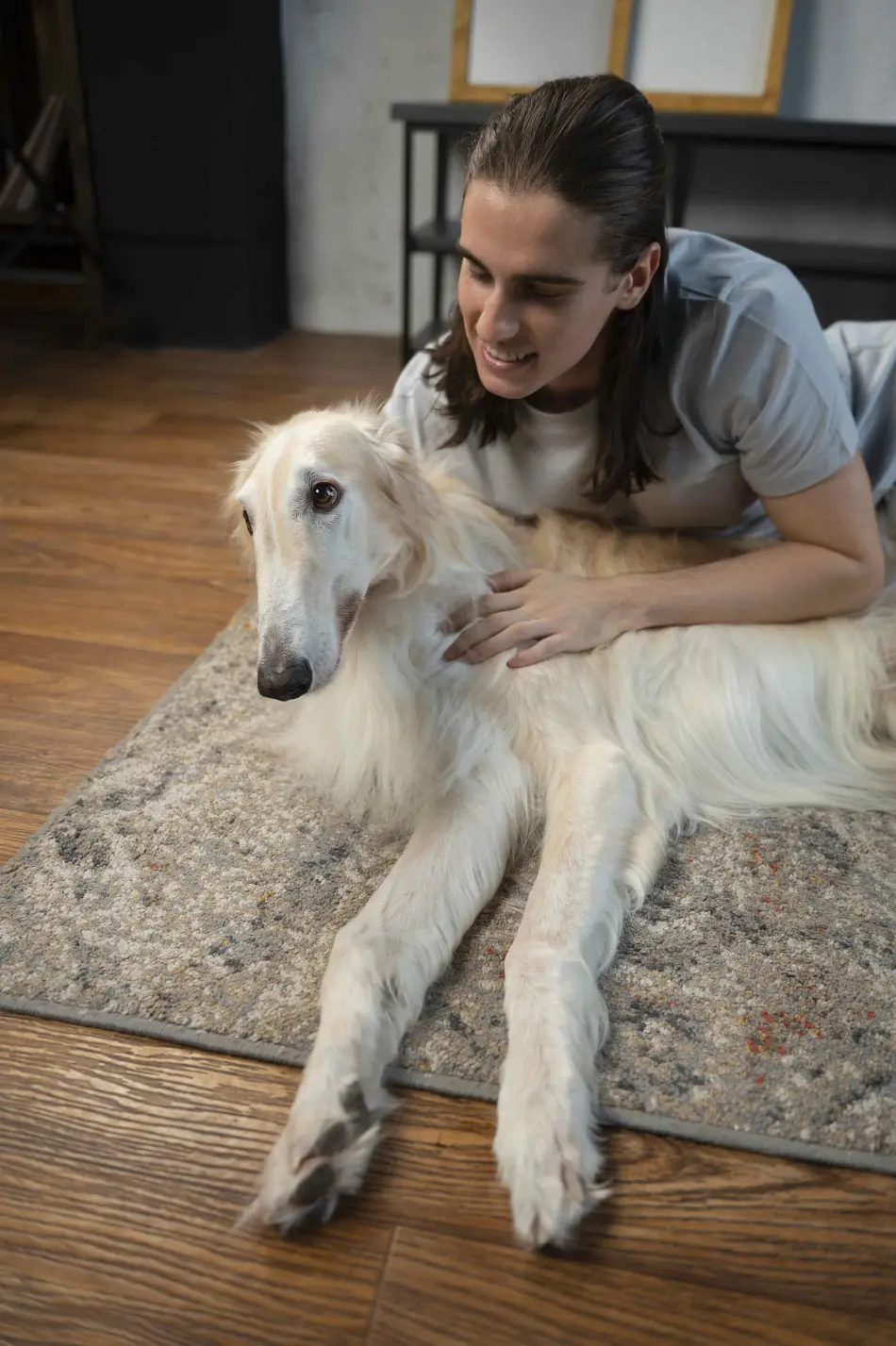18 Reasons Why Your Cat Is Snoring

While it may seem cute or amusing, snoring in cats can also be an indication of several underlying health problems that pet owners need to know about. Some light snoring is typical for certain cats, however steady or noisy wheezing could demonstrate a wide range of things.
If you want to know why your cat is snoring, this article will provide 18 reasons why your cat snores, whether they are normal or indicative of underlying health problems.
1. Normal Sleep Cycle
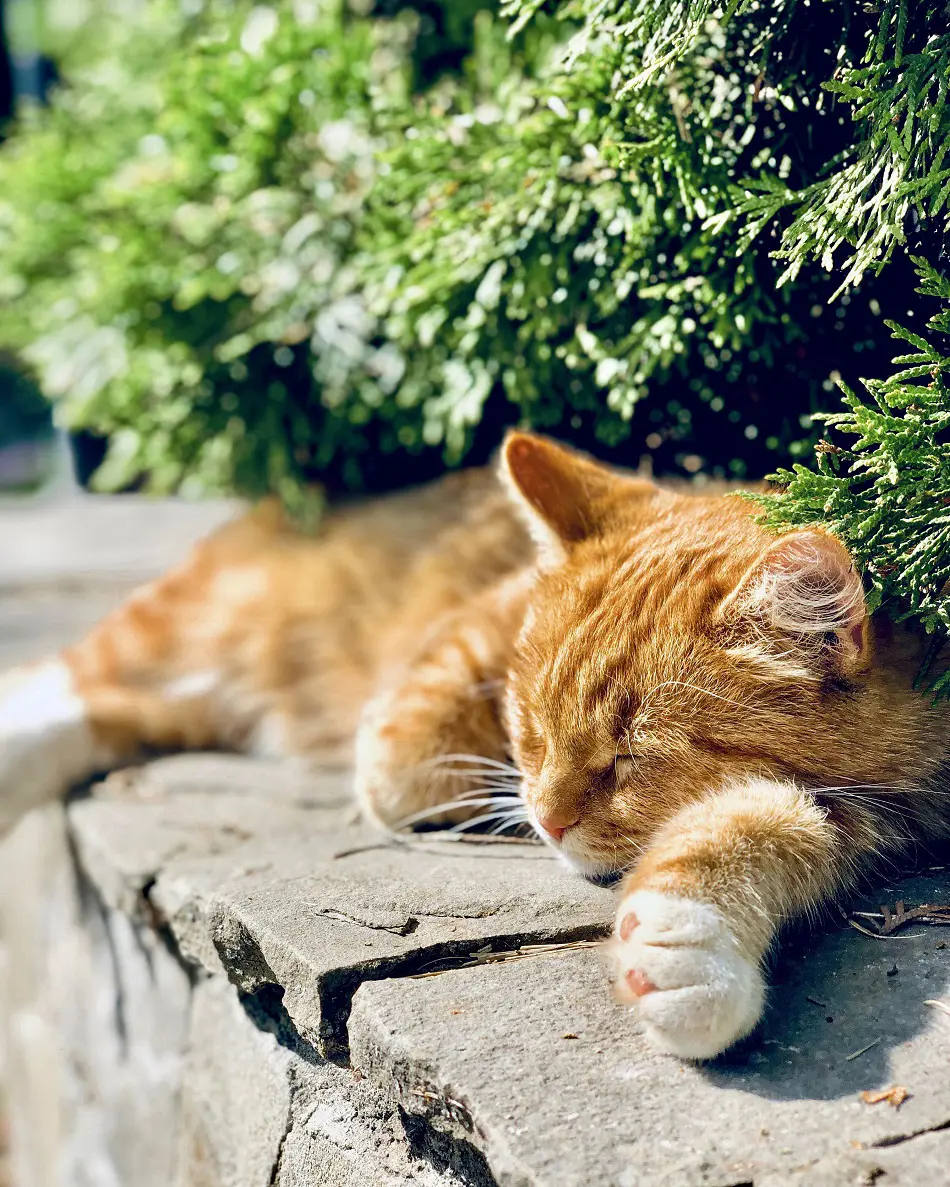
Cats experience a few different kinds of sleep phases, and when in deep sleep the muscle around their throat relaxes causing some of my cats to snore. Relaxation allows the tissues in their airway to vibrate as they breathe and when you hear that distinctive snoring noise, know your partner is peacefully dreaming away.
A little snoring in connection with deep sleep is often not anything to worry about, as long as it happens only now and then. But if the snoring is persistent or accompanies a rude awakening during light sleep then it would probably not hurt to keep a closer eye on their sleeping, as something could be more serious than believed.
2. Overweight
When cats become overweight, the extra fat surrounding their neck and throat can block their airway while sleeping causing snoring in them. These changes can cause a narrowing of the airways in cats and provide an ideal foundation for snoring, especially in obese animals.
If your cat has put on weight and you are hearing more snoring, it could be time to chat with your vet about a diet plan that will help them lose the excess pounds.
3. Flat Faced Breed
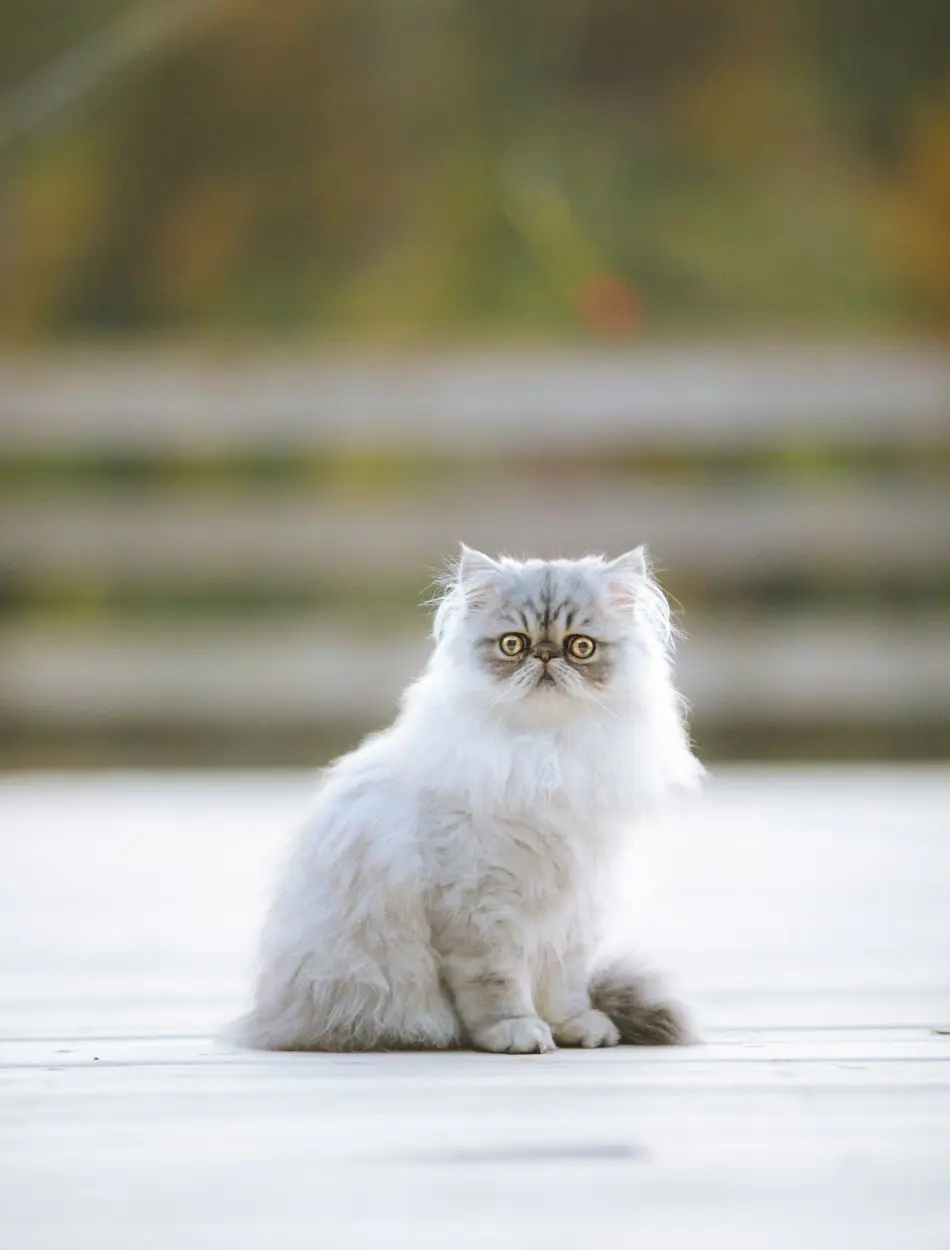
Some cat breeds are more likely to snore than others, because of their flat-faced shape, including Persians and Himalayans. The shorter nasal passages of these breeds cause airflow to be labored, sometimes leading them to snore even during their lightest sleep.
While these breeds often snore like this normally and it may even be expected, keep an eye on their ears to make sure they are not indicative of a larger issue that could decrease their quality of life.
However, routine exams from the local veterinarian are vital to make sure their breathing is still good and that snoring continues to be an unfortunately charming character trait instead of a red flag.
4. Nasal Congestion
Formatted Cats with colds or respiratory infections may be found to snore as they struggle to breathe through blocked nasal passages. Due to narrowed or inflamed nasal passages in cats that lead to restricted airflow, snoring is developed and can be either on/off.
If cat snoring is combined with sneezing, coughing, or nasal discharge, it should promptly be evaluated by a veterinarian to rule out airway infections and conditions that cause inflammatory changes in the respiratory system.
Treating this condition promptly can help to decongest your cat and in turn make it easier for her/him to breathe, which ultimately reduces snoring thus assisting them during sleep.
5. Allergies
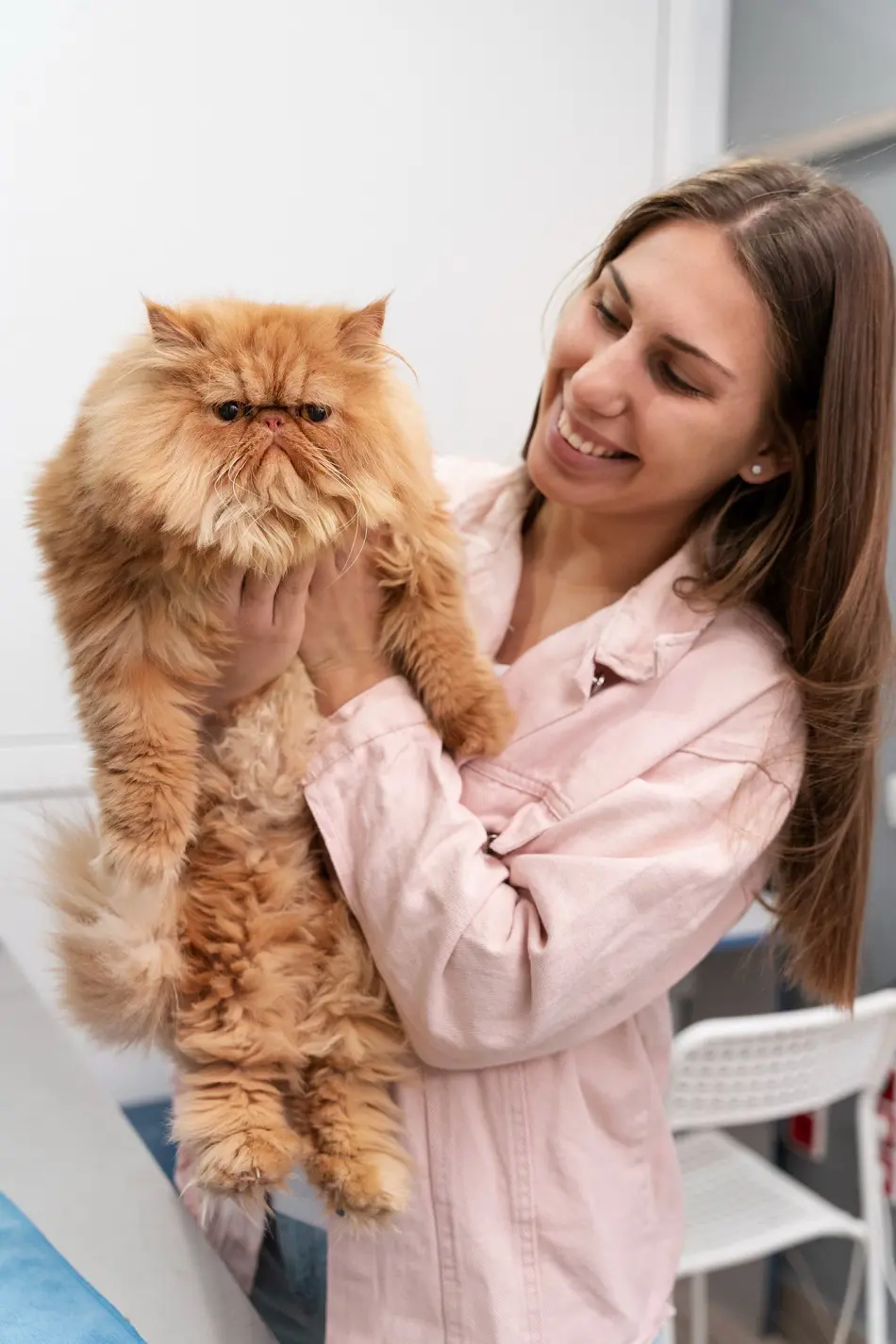
When allergies cause an inflammatory reaction in the airways of your cat, it can result in tightening and restricted airflow causing snoring which can happen seasonally or following certain triggers.
If your cat is allergic to some of the most common allergens such as dust, pollen, mold, and certain food types, these potential aggravates can elicit inflammatory responses that increase snoring frequency.
Watch their exposure to allergens and talk with your vet about remedies that can alleviate air flow issues that lead to snoring, making sure they wake up feeling refreshed.
6. Respiratory Infections
These may cause flu-like symptoms and lead to snoring by causing congestion and inflammation in the respiratory pathways which makes your cats struggle while breathing.
These are often accompanied by a runny nose, coughing, or reduced appetite, all of which may suggest that the snoring complaint is a sign of a more overriding problem.
When accompanied by the symptoms mentioned above, snoring should send you to your vet for an accurate diagnosis and treatment which will prevent complications.
7. Foreign Objects In The Nose
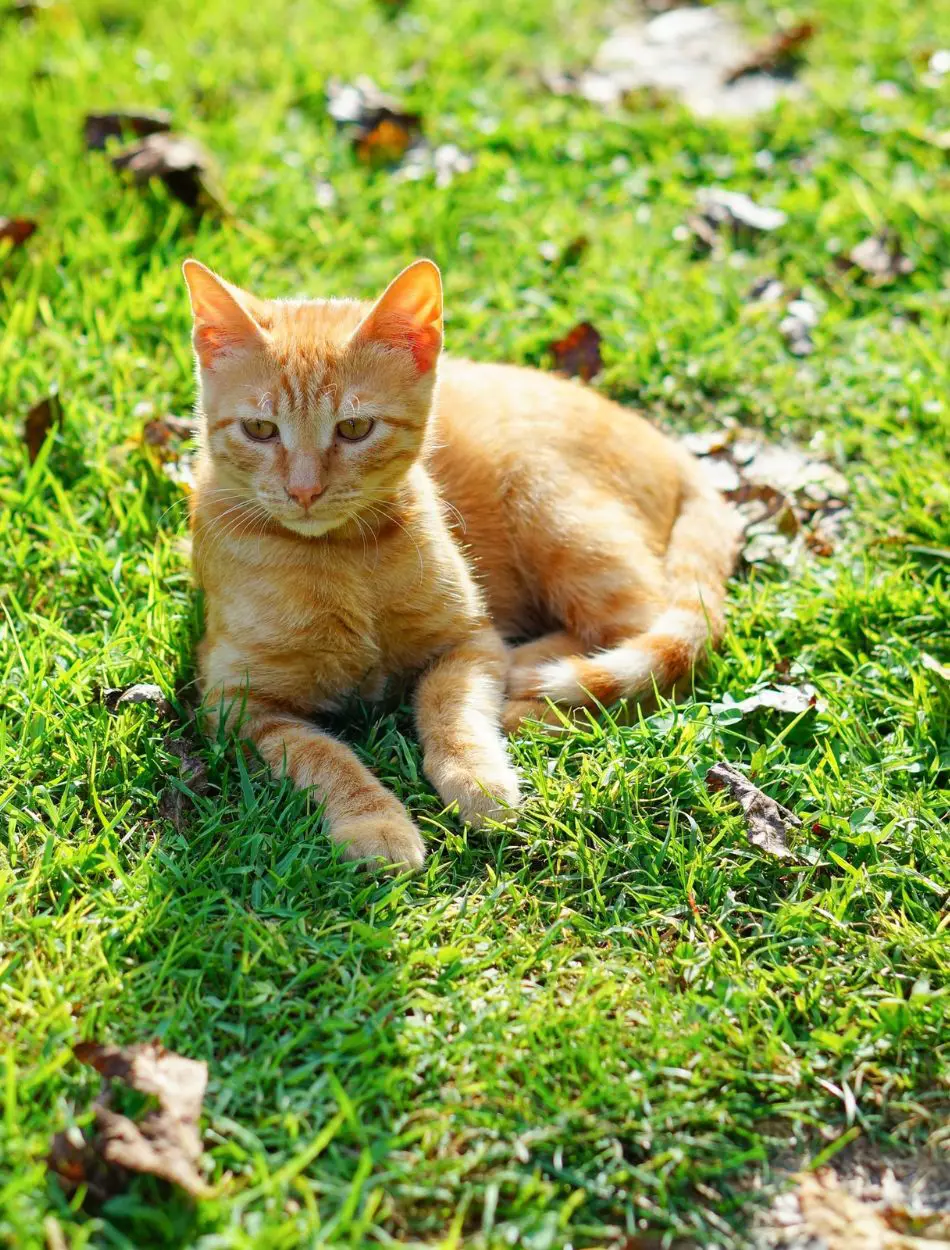
Occasionally, nasal obstructions such as grass or seeds can enter your cat's nasal passages and lead to snoring as they struggle to breathe around the obstruction. These objects can cause irritation and blockage that will make it hard for your cat to breathe quietly during sleep.
If your cat abruptly produces this sound and has noticeable symptoms such as nasal pain, pawing at their face, or sneezing frequently, an emergency visit to the vet may be needed to examine and ultimately remove what remains causing the problem.
8. Nasal Polyps
It can block her airways, causing persistent and worsening loud breathing noises as any growth in that area acts somewhat like a cork tampering down smooth airflow.
They may present as larger growths that block your cat's nose and cause breathing difficulties, or smaller ones elsewhere in the nasal cavity that don't obstruct airflow but add symptoms like discharge.
Any new symptoms that are integral to increased noise, such as coughing and loss of appetite, then it is time for vet intervention if such signs cannot be managed at home. By treating any growth, masses, or tumors early on, you can help ensure your cat remains as healthy and comfortable as possible, thereby preventing snoring from happening in the first place.
9. Sleep Position
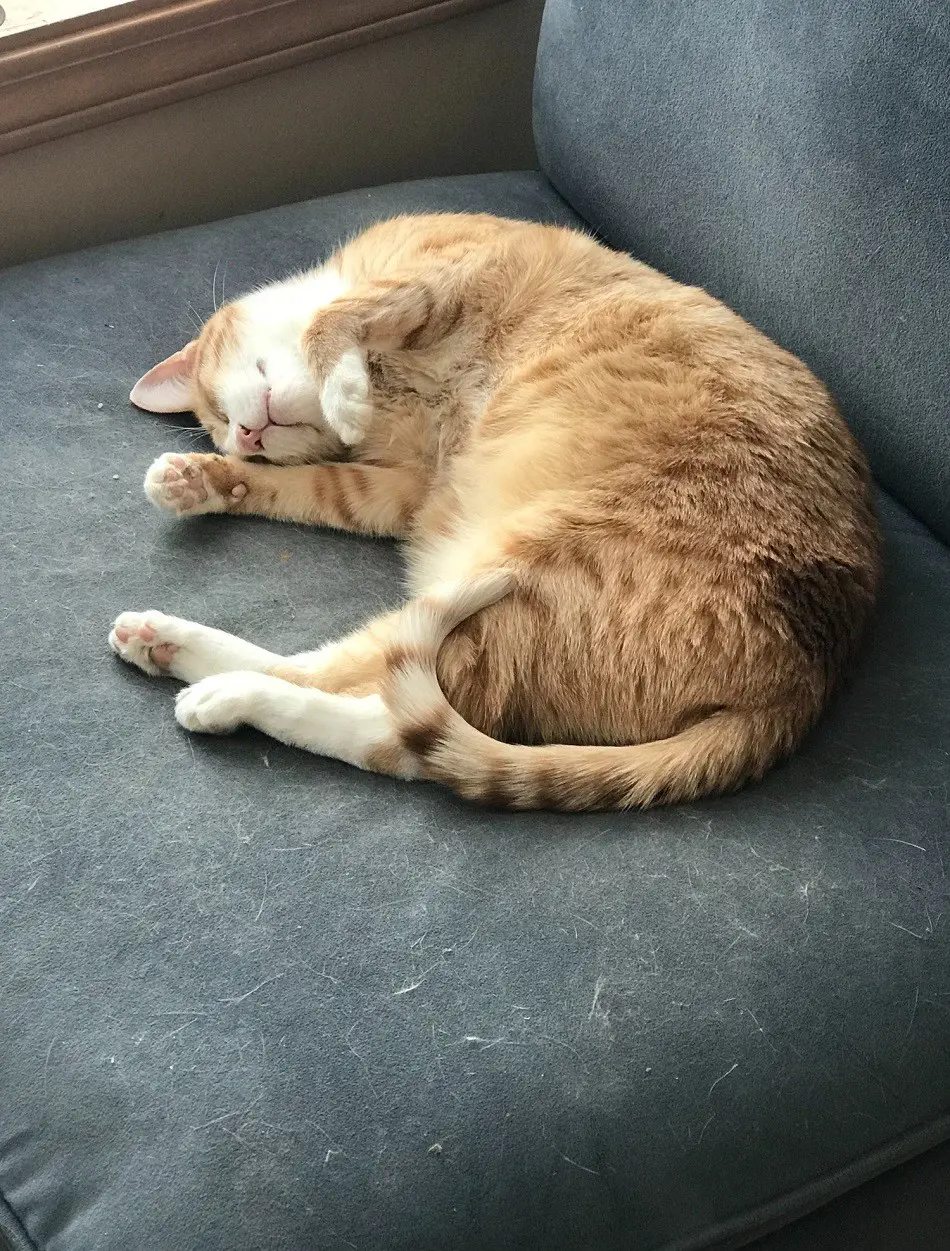
Occasionally snoring occurs once they have their throat pressed in such a way that makes them breathe with difficulty. They may snore when they are sleeping on their back or in any other position that restricts airflow, as long as they achieve a state of deep relaxation where all the muscles have fully relaxed.
Watch for a while for the majority of positions to see if the majority of snores are produced from those angles and see how they improve by changing positions. Having a comfortable sleep area to rest in without interfering with airway compression will help alleviate sporadic snoring and improve the overall quality of a kid’s sleep.
10. Secondhand Smoke
If you are smoking or your surroundings have people smoking, your cat risks being exposed to a lot of cigarette smoke. According to the Pet Snoring Center, secondhand smoke exposure may trigger snoring in a cat. The urge to smoke affects pets in a similar way to humans.
Hence, the health complications present are such as respiratory issues that may lead to snoring. If your cat develops snoring after living in a house of smokers, the irritation in the airway and the chronic inflammation may make it difficult to breathe properly.
11. Dental Problems
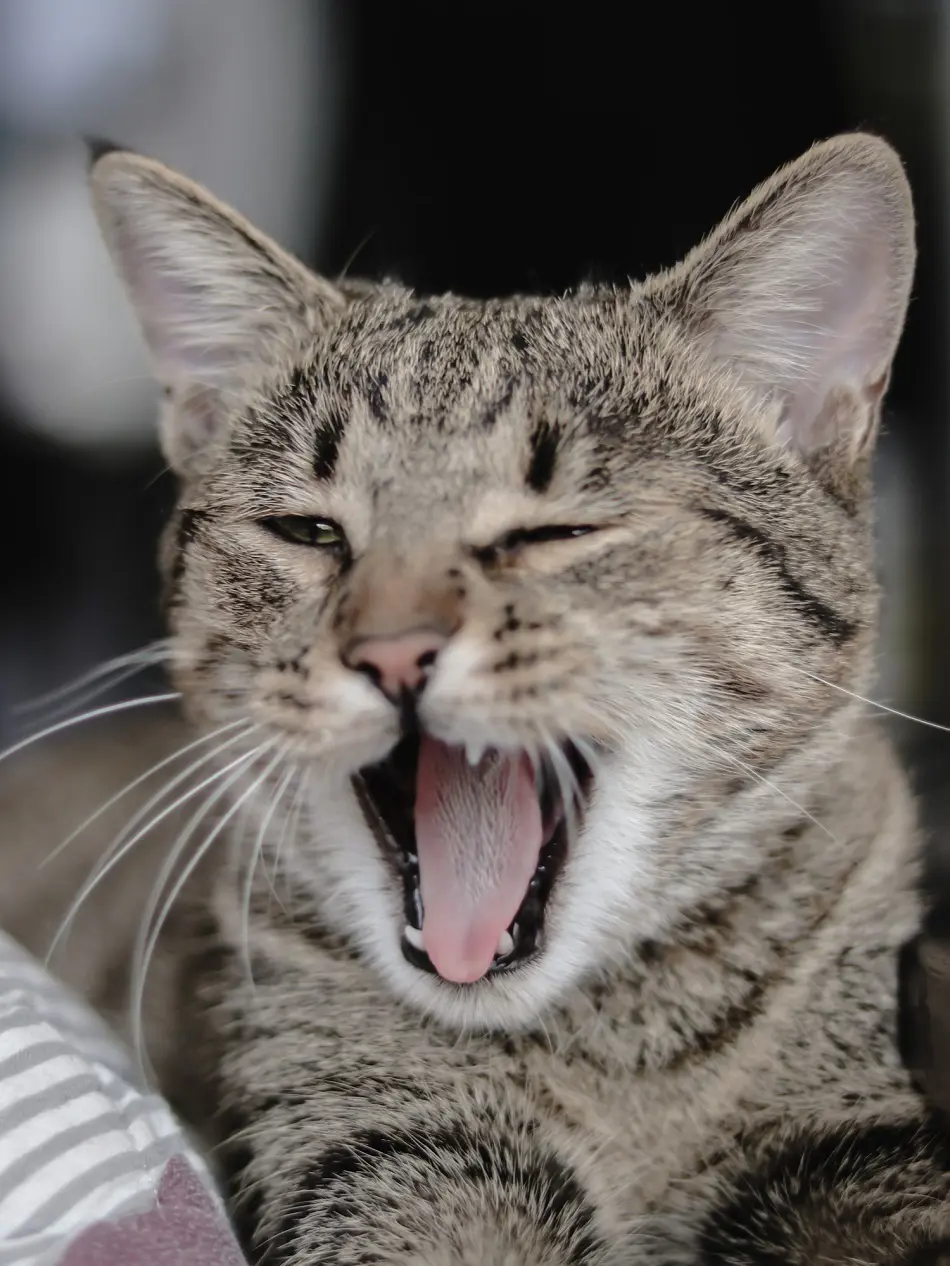
Some dental conditions like abscesses, infections, or loose teeth may cause snoring due to the structure of the mouth and throat, which may affect how they breathe. These issues can result in a change in how your cat breathes, especially when they are asleep and have relaxed muscles.
If your cat's snoring with other symptoms such as bad breath, drooling, or difficulty eating he must immediately go for a dental examination for possible presence of oral complications. Ensuring these ailments are addressed promptly can result in less snoring, improving your cat's health to aid them in breathing better or more comfortable sleep.
12. Age
In aging cats, throat muscles may lose tone and become lax, causing older kitties to be more prone to snoring as the airway relaxes further over time. This is a natural process that accompanies the aging of all cats, and it can lead to more snoring in senior felines.
Certainly, there is a snoring continuum with advancing age, however, the noise should be entirely benign but not pathologic causing respiratory issues or associated co-morbidities in need of evaluation.
Remember to get your aging pet routine vet checkups and maintain their age-related snoring so they can live out the remainder of their years comfortably, in good health fashion.
13. Asthma
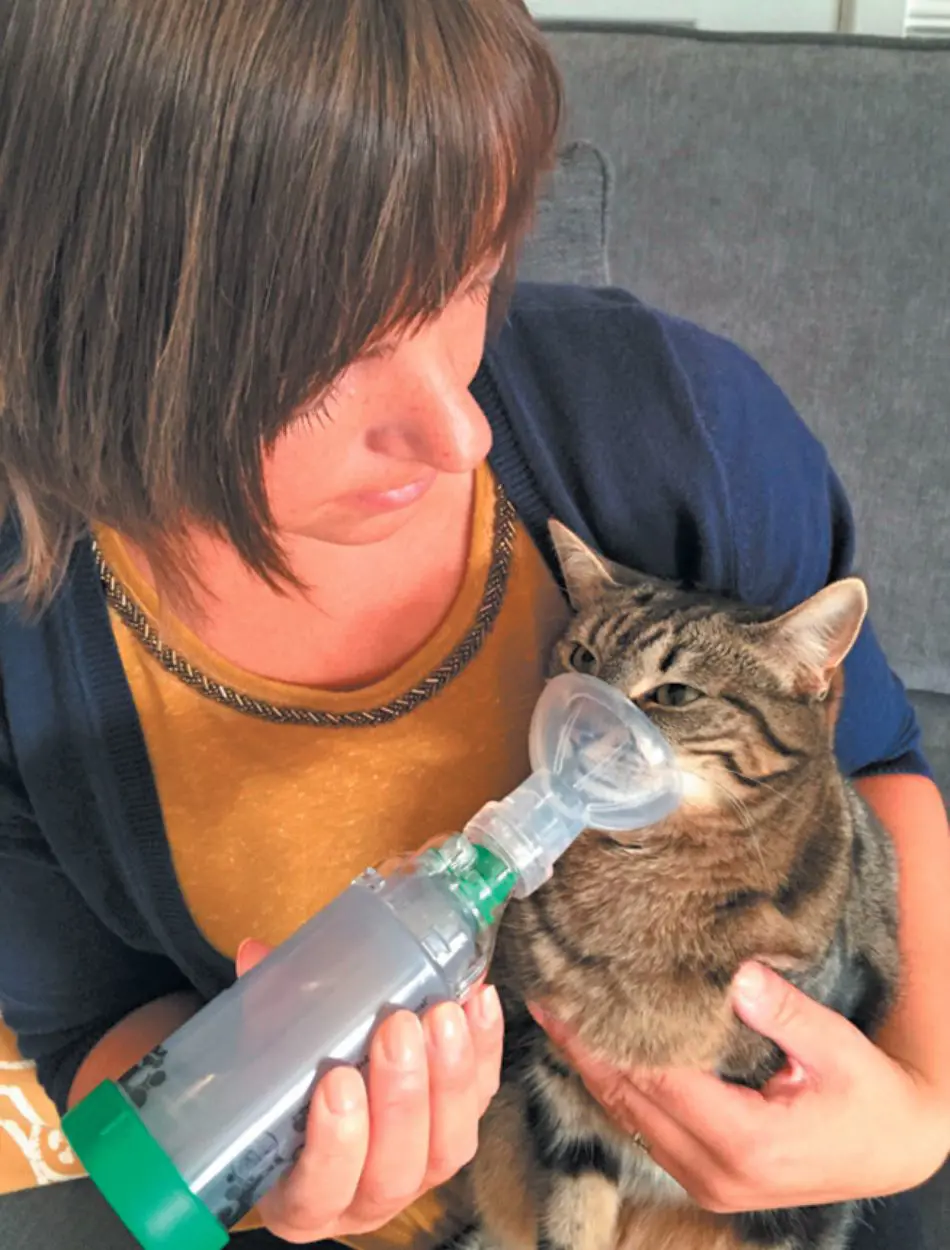
Cats may snore if they regularly stop breathing while sleeping because of inflamed and narrowed airways associated with feline asthma. Additionally, if there is wheezing, coughing, or labored breathing whilst they are asleep then in line with snoring, it can be a red flag for an underlying issue such as asthma.
If your cat is snoring and it comes with other symptoms, you should go straight to see a vet because early treatment would save you from severe complications later. A well-managed asthma results in less snoring from your cat and prevents later respiratory issues, making it easier for them to breathe a little more comfortably.
14. Hypothyroidism
Weight gain from hypothyroidism is almost rare in cats and, would make the tissues around the throat also expand, causing snoring due to airway obstruction.
This can lead to being tired all the time, loss of hair and other things that might go along with snoring which are signals that there could be a bigger health issue going on that should not be ignored.
If you think your cat may have hypothyroidism, it is important to make an appointment with a vet for the diagnosis, so that they can obtain enough information about him/her to develop a treatment plan.
15. Environmental Irritants
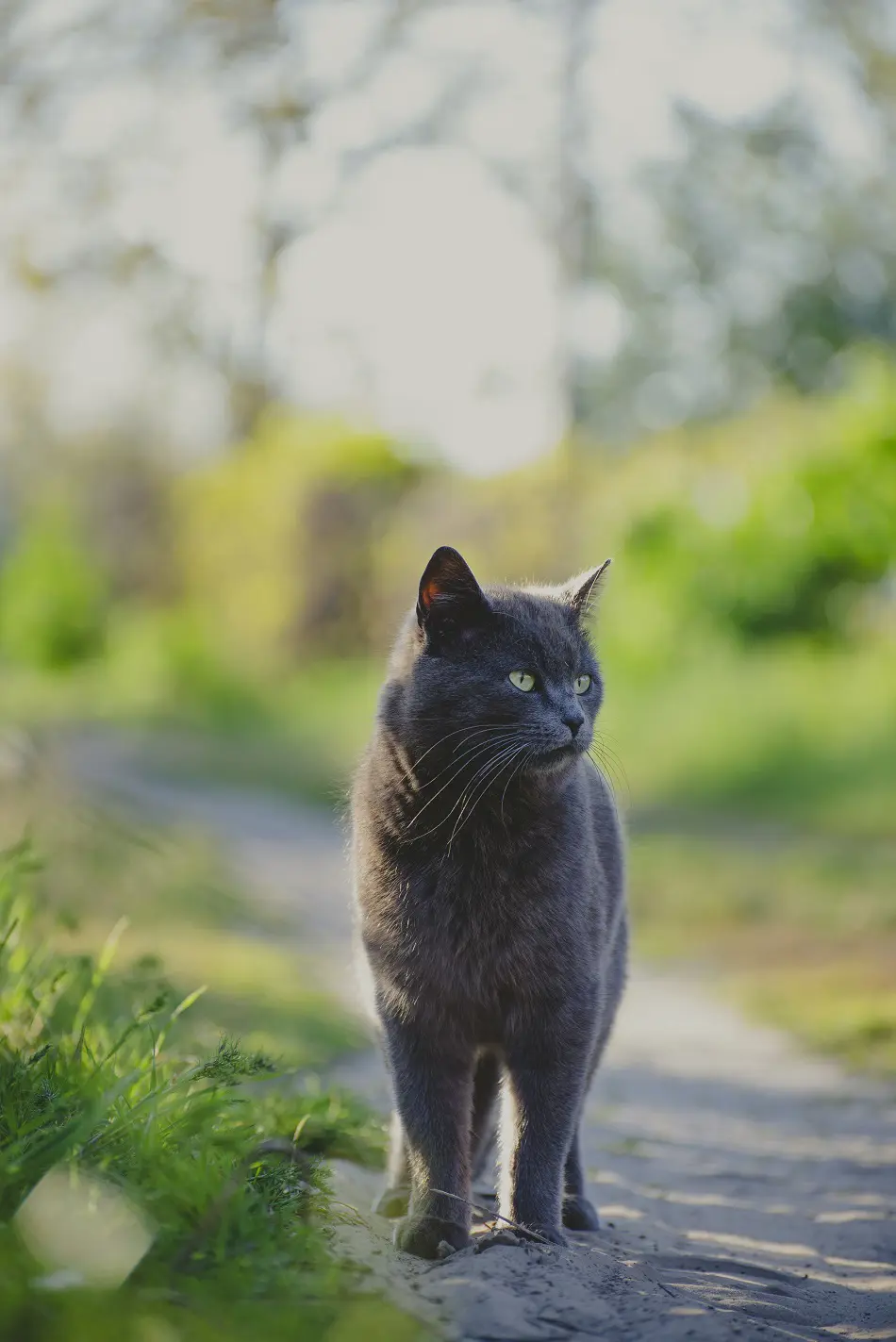
Continued exposure to these triggers can cause your cat’s airways to swell and make them unable to get quality breath in their nostrils. Cats can be particularly sensitive to strong odors and airborne particles, leading to coughing or even snoring in certain cases that are akin to allergic reactions.
If these snoring episodes begin after you have used new cleaning products, air fresheners, or other chemicals in their space then it might be time to rethink those choices and consider limiting the amount of chemical irritants they are exposed to.
By using pet-friendly, hypoallergenic products that do not irritate your cat you can decrease the snoring and improve their health to keep them from putting themselves at risk of suffocation while they are resting.
16. Gradual inflammation Of The Nasal Passages
It can also lead to persistent snoring since it prevents your feline from breathing properly due to obstructed airways. It could have been caused by past infections that did not resolve well, allergies, or some other issues in your cat that can affect its respiratory system causing the snoring to stay persistent over time.
But if your cat harbors a long-standing case of snoring and exhibits any signs of nasal discharge or difficulty breathing, it is crucial to get them checked by professionals for accurate diagnosis and treatment in the best-case scenario.
Daily management of chronic rhinitis can do wonders for your cat's snoring, helping them get a better night's rest and their overall quality of life with relief from not-so-stuffy noses!
17. Excessive Relaxation
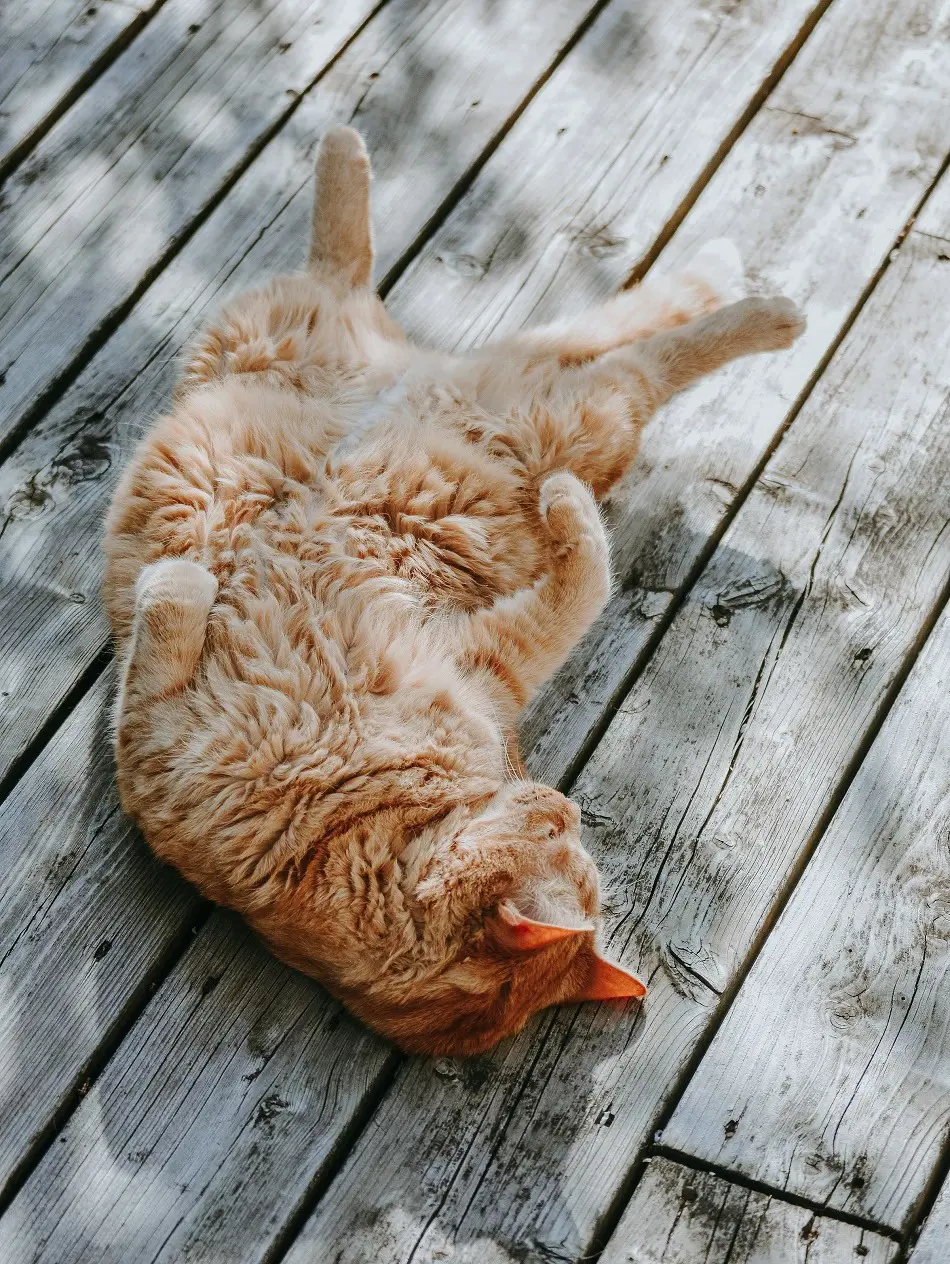
A cat at rest at sleep enjoys a very relaxed muscle system that eases even further during sleep and creates snoring sound from the throat. This is the snoring that happens while your cat is in a deep sleep, finally comfortable and undisturbed enough for their body including all those muscles to fully loosen.
Although snoring is typically harmless and an indicator of how comfortable they are, it's important to make sure to find health issues that could result in labored breathing. When your cat is healthy and comfortable, they will be able to sleep soundly without any reservations, so help with anything unusual.
18. Sleep Apnea
While this is not common, similar to in humans, it is that our pets can suffer from sleep apnea causing snoring and pauses of airflow as the throat closes during sleep, which may result in a life-threatening condition.
This is a serious condition that can lead to major health risks for your cat if not treated, including an absence of oxygen and potential cardiovascular issues that may cause permanent damage.
If your cat is exhibiting signs of severe snoring and regular pauses in their breathing, it could be a medical emergency and you should seek veterinary treatment for testing to ensure no more serious issues are present. When we treat sleep apnea, it leads to a needless night of resting and breathing easily through the evening or morning dose.
Recent posts
Cats
Why Is My Cat Not Drinking Water
Cats are notoriously finicky when it comes to water consumption, and it's natural to worry if your canine companion isn't drinking as much as you expect. From environmental preference to a simple behavioral quirk, many factors can contribute to the c...
Why Is My Cat Nose Wet?
If you have a pet cat, you might have noticed their wet nose and wondered why my cat's nose is wet. Does a cat's wet nose signify something or is it very normal? these questions might have popped up in your head at least once. It is normal for ...
15 Hypoallergenic Cat Breeds
People are often more allergic to cats than to dogs. Unlike dogs, cat allergies are caused by the proteins found in their saliva, skin, and dander rather than fur. All cats inherently produce allergens, so no cat is truly hypoallergenic. However, som...
15 Ways To Introduce Your Cats Properly
Adding another cat to your household can be a whole excitement, but it may also become an anxiety-ridden experience, especially if you already have another feline companion in the house. Cats are territorial by nature, and being prematurely introduce...
17 Common Causes Of Cat Sneezing
While your cat's occasional sneezes are a natural reflex to get rid of irritations, regular sneezes need further examination. Upper respiratory infections, which are comparable to the common cold in humans, are one of the frequent causes. These infec...
How To Clean Cat Litter Box
Keeping your cat's litter box clean is essential for their health and your home’s hygiene. A well-maintained litter box not only ensures a pleasant environment but also encourages your cat to use it regularly. Regular cleaning of the litter box...
